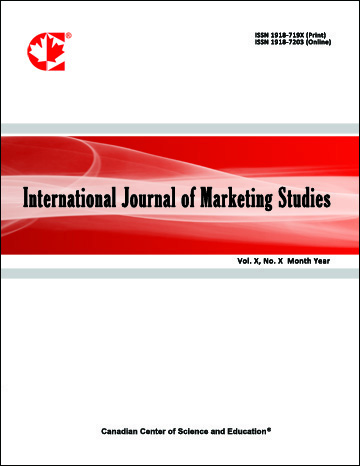Understanding the Consumption of Television Programming: Development and Validation of a Structural Model for Quality, Satisfaction and Audience Behaviour
- Carmen Manero
- Esperanza Uceda
- Víctor Serrano
Abstract
Within a nowadays context characterised by an increasing number of television channels and by a widely fragmentation of the audience, the study of television content from the consumer’s perspective acquires special interest for managers of television stations.
This paper, given the aforementioned reality, analyses and identifies the relationship structure that underlies the constructs of satisfaction and quality in order to gain a more in-depth understanding of the behaviour of television consumers.
The methodology applied is structural equation models and results clearly show a causal link between the variables and confirm the predictive validity of the proposed model. This work provides a framework of reference for developing a cognitive-affective model for the consumption of television programmes, thereby integrating perceived quality as a cognitive variable and satisfaction as an affective variable.
The results of the work provide a more in-depth understanding of a television consumer’s behaviour, and they can therefore help to increase the effectiveness of actions by television advertisers and programmers, thereby allowing television stations to improve their results.
- Full Text:
 PDF
PDF
- DOI:10.5539/ijms.v5n1p142
Journal Metrics
Google-based Impact Factor (2021): 1.34
h-index (July 2022): 70
i10-index (July 2022): 373
Index
- Academic Journals Database
- CNKI Scholar
- EconBiz
- Electronic Journals Library
- Excellence in Research for Australia (ERA)
- GETIT@YALE (Yale University Library)
- Harvard Library
- IBZ Online
- Infotrieve
- JournalTOCs
- LOCKSS
- MIAR
- PKP Open Archives Harvester
- RePEc
- ResearchGate
- ROAD
- Scilit
- SHERPA/RoMEO
- Stanford Libraries
- UCR Library
Contact
- Alyssa SunEditorial Assistant
- ijms@ccsenet.org
